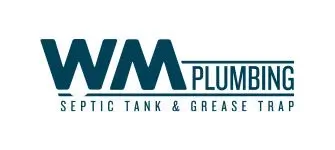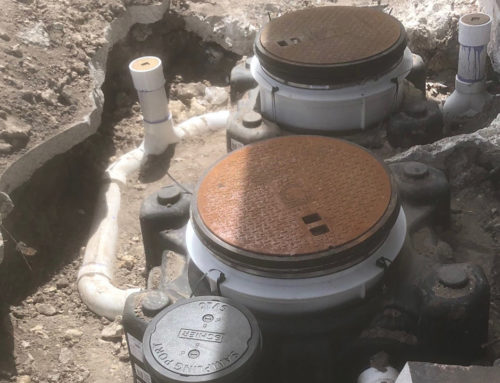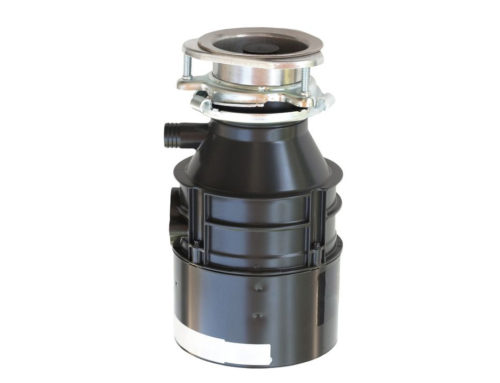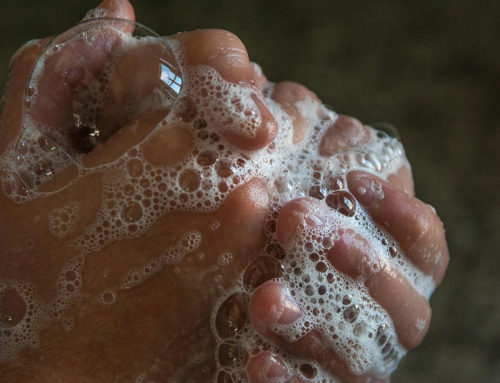How Do I Keep My Septic Tank Healthy?
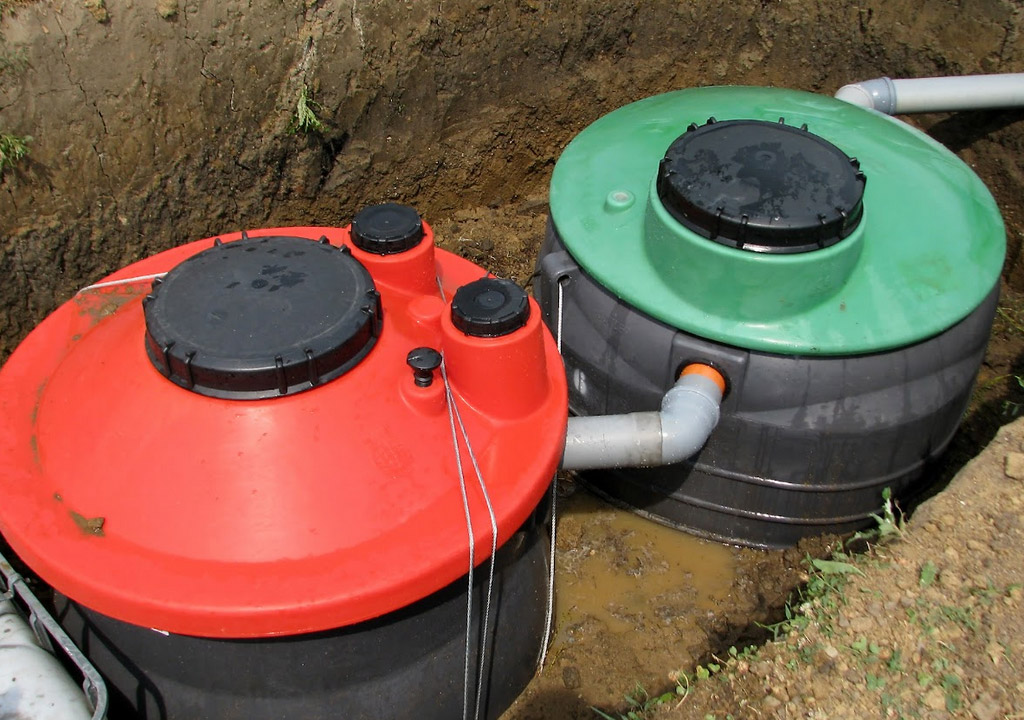
Maintaining a healthy septic tank is essential for the proper functioning of your household wastewater disposal system. A well-maintained septic tank ensures the efficient breakdown of organic waste and prevents the risk of costly and hazardous septic system failures. To keep your septic tank healthy, follow these guidelines:
- Regular Pumping: Schedule regular pumping of your septic tank by a professional every 3 to 5 years, depending on the tank size and household usage. Regular pumping removes accumulated solid waste, preventing it from clogging the drainfield and causing system backups.
- Be Mindful of Water Usage: Minimize excessive water usage to avoid overwhelming the septic system. Fix leaks promptly, use water-saving fixtures, and spread laundry loads throughout the week rather than doing large loads on a single day.
- Use Septic-Safe Products: Only use septic-safe household products such as toilet paper, cleaning agents, and detergents. Avoid flushing non-biodegradable items like sanitary napkins, diapers, wipes, and grease down the drain, as they can clog the system and hinder bacterial action.
- Practice Responsible Flushing: Use your toilet responsibly. Only flush human waste and toilet paper. Flushing chemicals or medications can disrupt the bacterial balance in the tank and harm the environment.
- Maintain the Drainfield: The drainfield is a crucial component of the septic system. Avoid parking vehicles or placing heavy structures over it, as this can compact the soil and reduce its ability to treat effluent.
- Keep Vegetation at a Distance: Plant trees and shrubs away from the septic system to prevent root intrusion into pipes and the septic tank. Tree roots can cause damage and blockages, leading to system failure.
- Monitor and Inspect: Regularly inspect the septic tank and drainfield for signs of problems such as foul odors, wet spots, or lush vegetation. Early detection can prevent more significant issues from developing.
- Protect the Drainfield: Never cover the drainfield with impermeable materials like concrete or asphalt. Allow the area to breathe and maintain proper absorption of treated effluent into the soil.
- Prevent Surface Water Infiltration: Direct rainwater and surface runoff away from the septic system to prevent oversaturation. Excessive water can disrupt the wastewater treatment process and cause backups.
- Maintain a Healthy Bacterial Balance: The septic tank relies on bacteria to break down solid waste. Avoid using excessive antibacterial products, bleach, or harsh chemicals, as they can harm the beneficial bacteria in the tank.
- Regular Maintenance Checks: Have a septic system professional inspect your tank and system regularly to identify any issues early on and provide appropriate maintenance recommendations.
- Educate Household Members: Make sure everyone in your household understands the importance of proper septic system usage and what should and shouldn’t go down the drain.
By following these guidelines, you can ensure the health and longevity of your septic tank, minimizing the risk of system failure and costly repairs. Remember that a well-maintained septic system is not only beneficial for your property but also for the environment. Read more about are long showers bad for septic systems? and can I use a dishwasher with a septic tank system?
Contact us today if you want professional plumbing in Doral or beyond.
